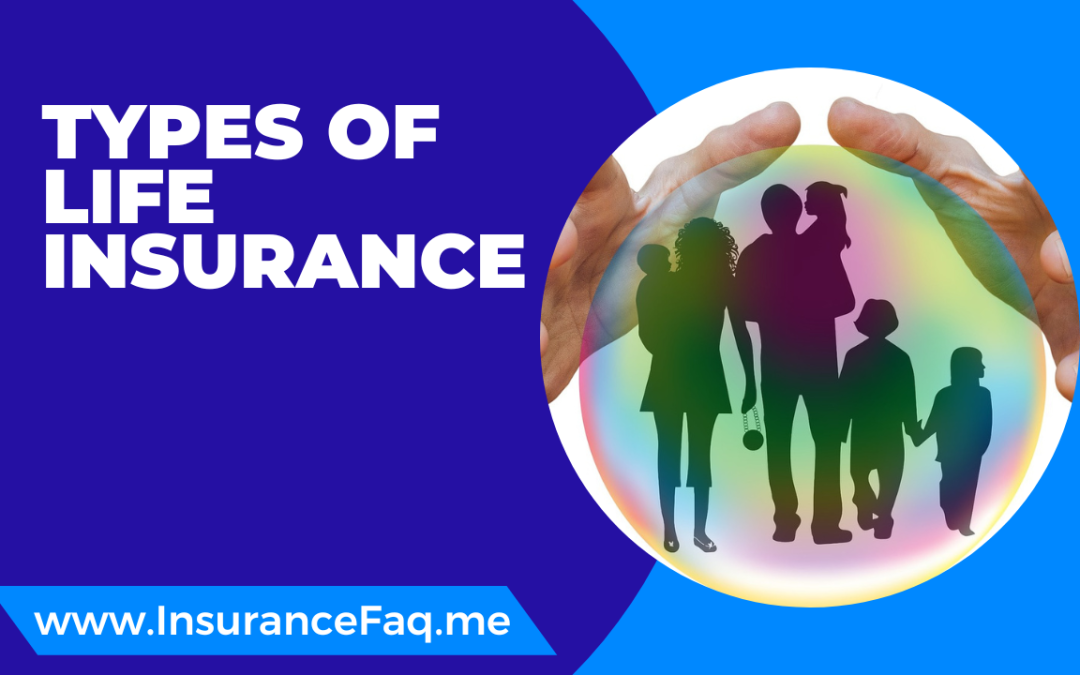There are several types of life insurance policies available, each with its own set of features and benefits. Here is a brief overview of the main types of life insurance policies, along with some of the pros and cons of each type:
- Term life insurance: Term life insurance provides coverage for a specific period of time, such as 10, 20, or 30 years. It is typically the most affordable type of life insurance and is well suited for individuals who have temporary financial obligations, such as a mortgage or children in college. Pros: Affordable premiums, simple and straightforward coverage, flexible term lengths. Cons: Coverage ends when the term is up, may not build cash value.
- Whole life insurance: Whole life insurance provides lifelong coverage and also builds cash value over time. The premiums are typically higher than term life insurance, but the policy also accumulates a cash value that can be borrowed against or withdrawn. Pros: Lifelong coverage, builds cash value, may offer tax benefits. Cons: Higher premiums, may not be as flexible as other types of policies.
- Universal life insurance: Universal life insurance combines elements of term and whole life insurance, offering both coverage and the opportunity to build cash value. The premiums and death benefit are flexible, allowing policyholders to adjust their coverage as their needs change. Pros: Flexible premiums and death benefit, cash value accumulation, may offer tax benefits. Cons: Can be more complex than other types of policies, may require higher premiums to maintain coverage.
- Variable life insurance: Variable life insurance is a type of permanent life insurance that allows policyholders to invest a portion of their premiums in a range of investment options, such as stocks or mutual funds. The death benefit and cash value of the policy are tied to the performance of the investment options chosen. Pros: Potential for higher returns on cash value, flexible investment options, may offer tax benefits. Cons: Risk of losing cash value if investments perform poorly, may require higher premiums to maintain coverage, more complex than other types of policies.
It is important to carefully consider the pros and cons of each type of life insurance policy and choose one that meets your specific needs and goals. It is also recommended to consult with a financial advisor or insurance agent to help you determine the best policy for you.


